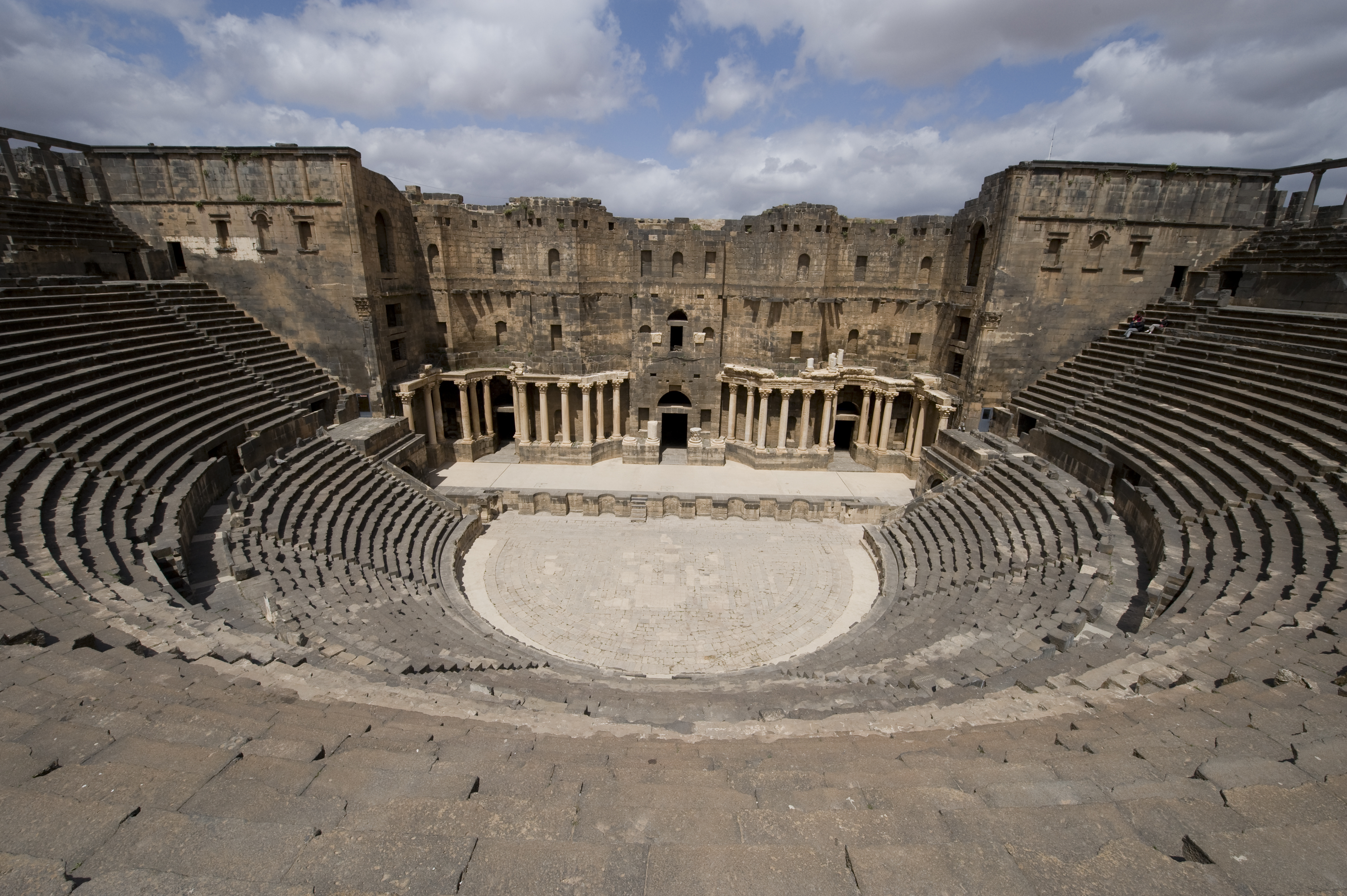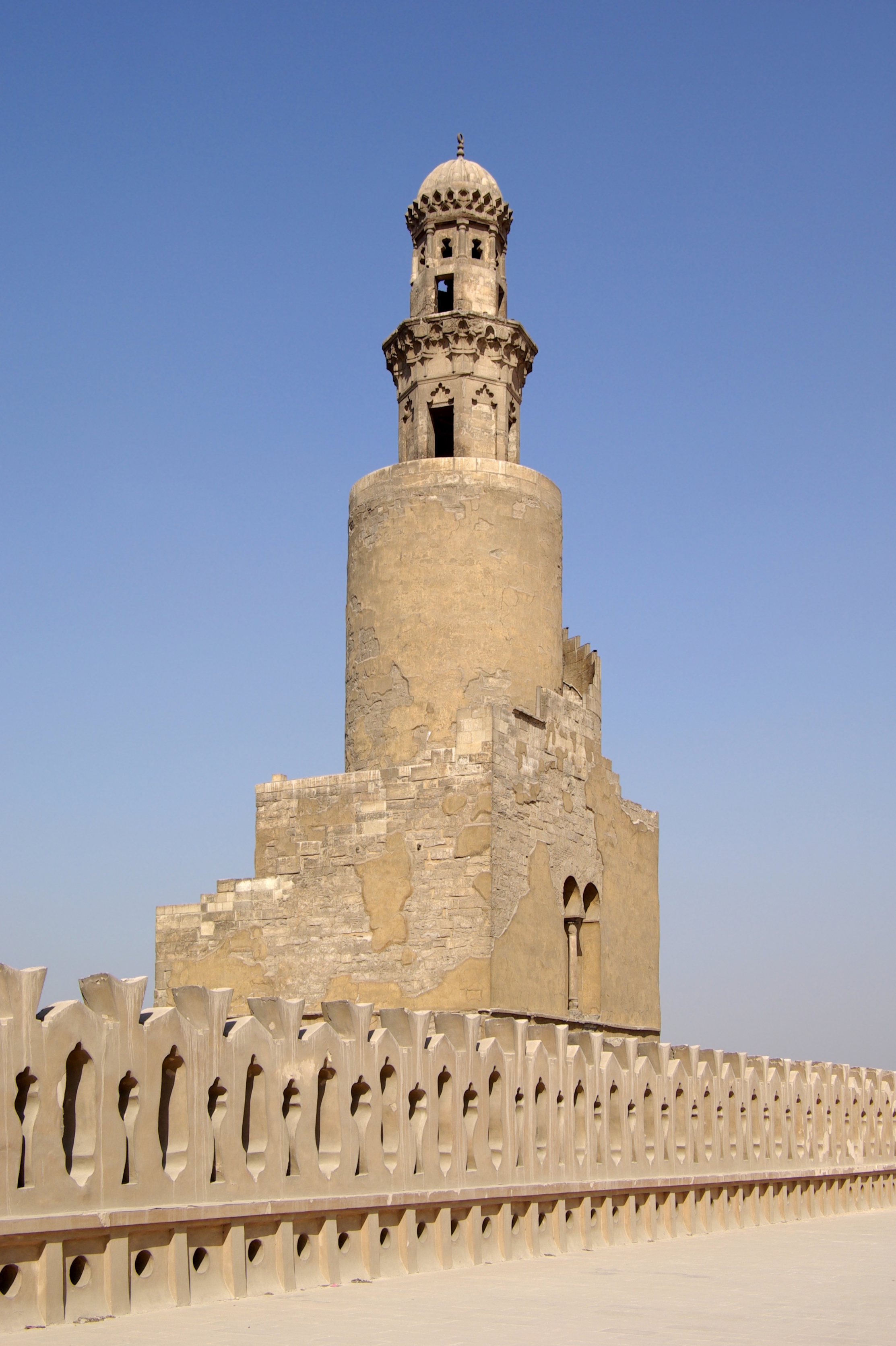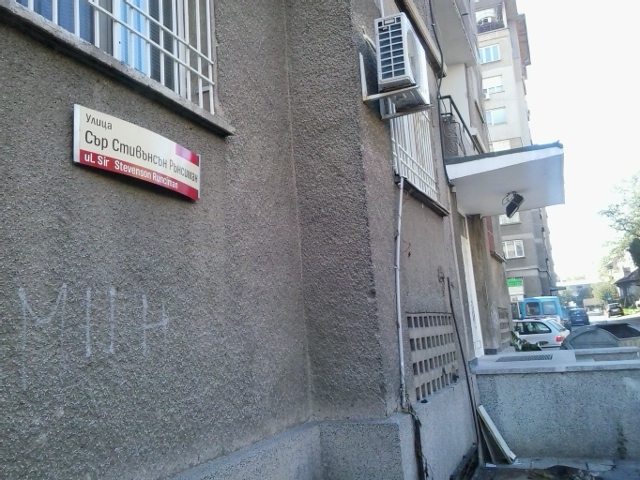|
1187 Births
Year 1187 (Roman numerals, MCLXXXVII) was a common year starting on Thursday of the Julian calendar. Events By place Byzantine Empire * Spring – Emperor Isaac II Angelos, Isaac II (Angelos) sends a Byzantine expeditionary force under Alexios Branas to suppress the Uprising of Asen and Peter, Vlach-Bulgarian Rebellion – but Alexios revolts against Isaac and is proclaimed emperor in Edirne, Andrianople. He musters troops and advances on Constantinople in an attempt to seize it. However, Alexios is unable to bypass the city defenses and is defeated by the imperial forces led by Conrad of Montferrat, the emperor's brother-in-law. On the battlefield, Alexios is beheaded by Conrad's supporting footsoldiers and the rebel army flees the field. * Siege of Lovech: Byzantine forces under Isaac II besiege the fortress city of Lovech in north-central Bulgaria. After a three-month siege, Isaac is forced to accept a truce by recognizing the joint-rule of Peter II of Bulgaria, ... [...More Info...] [...Related Items...] OR: [Wikipedia] [Google] [Baidu] |
Roman Numerals
Roman numerals are a numeral system that originated in ancient Rome and remained the usual way of writing numbers throughout Europe well into the Late Middle Ages. Numbers are written with combinations of letters from the Latin alphabet, each with a fixed integer value. The modern style uses only these seven: The use of Roman numerals continued long after the Fall of the Western Roman Empire, decline of the Roman Empire. From the 14th century on, Roman numerals began to be replaced by Arabic numerals; however, this process was gradual, and the use of Roman numerals persisted in various places, including on clock face, clock faces. For instance, on the clock of Big Ben (designed in 1852), the hours from 1 to 12 are written as: The notations and can be read as "one less than five" (4) and "one less than ten" (9), although there is a tradition favouring the representation of "4" as "" on Roman numeral clocks. Other common uses include year numbers on monuments and buildin ... [...More Info...] [...Related Items...] OR: [Wikipedia] [Google] [Baidu] |
Raynald Of Châtillon
Raynald of Châtillon ( 11244 July 1187), also known as Reynald, Reginald, or Renaud, was Prince of Antioch—a crusader states, crusader state in the Middle East—from 1153 to 1160 or 1161, and Lord of Oultrejordain—a Vassals of the Kingdom of Jerusalem, large fiefdom in the crusader Kingdom of Jerusalem—from 1175 until his death, ruling both territories ('by right of wife'). The second son of a French nobility, French noble family, he joined the Second Crusade in 1147, and settled in Jerusalem as a mercenary. Six years later, he married Constance of Antioch, Constance, Princess of Antioch, although her subjects regarded the marriage as a mesalliance. Always in need of funds, Raynald tortured Aimery of Limoges, Latin Patriarch of Antioch, who had refused to pay a subsidy to him. He launched a plundering raid in Cyprus in 1156, causing great destruction in Byzantine Empire, Byzantine territory. Four years later, Manuel I Komnenos, the List of Byzantine emperors, Byzantine ... [...More Info...] [...Related Items...] OR: [Wikipedia] [Google] [Baidu] |
David Nicolle
David C. Nicolle (born 4 April 1944) is a British historian specialising in the military history of the Middle Ages, with a particular interest in the Middle East. Life David Nicolle worked for BBC Arabic before getting his MA at SOAS, University of London. He gained a PhD at the University of Edinburgh in year 1982. His PhD is titled ''The Military Technology of Classical Islam''. He lectured in World and Islamic art and architecture at Yarmouk University, Jordan. He was also on the editorial board of the ''Medieval History Magazine''. Nicolle married an American, Colette Giroux in 1976; they have a son Frederick Joseph ("Fred", born 1982) and a daughter Dr. Antoinette Laura ("Nette", born 1984). He now lives and works in Chipping Barnet, London London is the Capital city, capital and List of urban areas in the United Kingdom, largest city of both England and the United Kingdom, with a population of in . London metropolitan area, Its wider metropolitan area is the ... [...More Info...] [...Related Items...] OR: [Wikipedia] [Google] [Baidu] |
Bosra
Bosra (), formerly Bostra () and officially called Busra al-Sham (), is a town in southern Syria, administratively belonging to the Daraa District of the Daraa Governorate and geographically part of the Hauran region. Bosra is an ancient city mentioned in 14th century BC Egyptian sources. A key Nabatean city, it became the prosperous provincial capital of the Roman province of Arabia Petraea following the dissolvement of the Nabatean kingdom. With the advent of Christianity, Bostra flourished as a Metropolitan Archbishopric, under the jurisdiction of Eastern Orthodox Patriarchate of Antioch and All the East. It also became a Latin Catholic titular see and the episcopal see of a Melkite Catholic Archeparchy. Throughout its history under various Muslim rulers, the city maintained its strategic importance as Syria's southern gateway. It attracted attention from Damascus' rulers and was governed by various lords, serving as a hub for Islamic learning and endowments. However, ... [...More Info...] [...Related Items...] OR: [Wikipedia] [Google] [Baidu] |
Al-Afdal Ibn Salah Ad-Din
Al-Afdal ibn Salah ad-Din (, "most superior"; 1169 – 1225, generally known as Al-Afdal (), was one of seventeen sons of Saladin, Sultan of Egypt and Syria, and thus of Kurdish descent. He succeeded his father as the second Ayyubid emir of Damascus. His career as a ruler was chequered and punctuated by repeated armed conflict with other prominent members of his family. Biography Early life Al-Afdal was one of the Ayyubid commanders at the Battle of Arsuf, when Saladin was defeated by Richard I of England and the forces of the Third Crusade. When Saladin died in 1193, al-Afdal inherited Damascus, but not the rest of his father's territories; Egypt was claimed by his brother al-Aziz, where he was already installed as governor, and Aleppo by another brother az-Zahir. As his father was dying, al Afdal summoned all the emirs then at Damascus to swear allegiance to him. Al-Afdal was in theory the head of the Ayyubid dynasty, but he was not able to exert any level of authority over ... [...More Info...] [...Related Items...] OR: [Wikipedia] [Google] [Baidu] |
Syria
Syria, officially the Syrian Arab Republic, is a country in West Asia located in the Eastern Mediterranean and the Levant. It borders the Mediterranean Sea to the west, Turkey to Syria–Turkey border, the north, Iraq to Iraq–Syria border, the east and southeast, Jordan to Jordan–Syria border, the south, and Israel and Lebanon to Lebanon–Syria border, the southwest. It is a republic under Syrian transitional government, a transitional government and comprises Governorates of Syria, 14 governorates. Damascus is the capital and largest city. With a population of 25 million across an area of , it is the List of countries and dependencies by population, 57th-most populous and List of countries and dependencies by area, 87th-largest country. The name "Syria" historically referred to a Syria (region), wider region. The modern state encompasses the sites of several ancient kingdoms and empires, including the Eblan civilization. Damascus was the seat of the Umayyad Caliphate and ... [...More Info...] [...Related Items...] OR: [Wikipedia] [Google] [Baidu] |
Egypt In The Middle Ages
Following the Muslim conquest of Egypt, Islamic conquest in 641-642, Lower Egypt was ruled at first by governors acting in the name of the Rashidun Caliphs and then the Umayyad Caliphs in Damascus, but in 750 the Umayyads Abbasid Revolution, were overthrown. Throughout Islamic rule, Al-Askar, Askar was named the capital and housed the ruling administration. The conquest led to two separate provinces all under one ruler: Upper Egypt, Upper and Lower Egypt. These two very distinct regions were governed by the military and followed the demands handed down by the governor of Egypt and imposed by the heads of their communities. Egypt was ruled by many dynasties from the start of Islamic control in 639 until the early 16th century. The Umayyad period lasted from 658 to 750. The Abbasid period which came after was much more focused on taxes and centralizing power. In 868, the Tulunids, ruled by Ahmad ibn Tulun, expanded Egypt's territory into the Levant. He would rule until his death in ... [...More Info...] [...Related Items...] OR: [Wikipedia] [Google] [Baidu] |
Al-Adil I
Al-Adil I (, in full al-Malik al-Adil Sayf ad-Din Abu-Bakr Ahmed ibn Najm ad-Din Ayyub, , "Ahmed, son of Najm ad-Din Ayyub, father of Bakr, the Just King, Sword of the Faith"; 1145 – 31 August 1218) was the fourth Sultan of Egypt and Syria, and brother of Saladin, who founded both the Sultanate of Egypt, and the Ayyubid dynasty. He was known to the Crusaders as Saphadin (derived from his ''laqab'' or honorific title Sayf ad-Din, meaning "Sword of Faith"), a name by which he is still known in the Western world. A gifted and effective administrator and organizer, Al-Adil provided crucial military and civilian support for the great campaigns of Saladin (an early example of a great minister of war). He was also a capable general and strategist in his own right, and was instrumental in the transformation of the decayed Fatimid Caliphate of Cairo into the Ayyubid Sultanate of Egypt. Early life Al-Adil was a son of Najm ad-Din Ayyub, he was member of Kurdish Ayyubid fami ... [...More Info...] [...Related Items...] OR: [Wikipedia] [Google] [Baidu] |
Jihad
''Jihad'' (; ) is an Arabic word that means "exerting", "striving", or "struggling", particularly with a praiseworthy aim. In an Islamic context, it encompasses almost any effort to make personal and social life conform with God in Islam, God's guidance, such as an introspection, internal struggle against evil in oneself, efforts to build a good Muslim community (''ummah''), and struggle to defend Islam. Literally meaning 'struggle', the term is most frequently Islam and war, associated with warfare. ''Jihad'' is classified into inner ("greater") ''jihad'', which involves a struggle against one's own passions and impulses, and outer ("lesser") ''jihad'', which is further subdivided into ''jihad'' of the pen/tongue (debate or persuasion) and ''jihad'' of the sword (warfare). Much of Muslim opinion considers inner ''jihad'' to have primacy over outer ''jihad'', although many Western scholars disagree. The analysis of a large survey from 2002 reveals considerable nuance in the co ... [...More Info...] [...Related Items...] OR: [Wikipedia] [Google] [Baidu] |
Damascus
Damascus ( , ; ) is the capital and List of largest cities in the Levant region by population, largest city of Syria. It is the oldest capital in the world and, according to some, the fourth Holiest sites in Islam, holiest city in Islam. Known colloquially in Syria as () and dubbed, poetically, the "City of Jasmine" ( ), Damascus is a major cultural center of the Levant and the Arab world. Situated in southwestern Syria, Damascus is the center of a large metropolitan area. Nestled among the eastern foothills of the Anti-Lebanon mountain range inland from the eastern shore of the Mediterranean on a plateau above sea level, Damascus experiences an arid climate because of the rain shadow effect. The Barada, Barada River flows through Damascus. Damascus is one of the List of oldest continuously inhabited cities, oldest continuously inhabited cities in the world. First settled in the 3rd millennium BC, it was chosen as the capital of the Umayyad Caliphate from 661 to 750. Afte ... [...More Info...] [...Related Items...] OR: [Wikipedia] [Google] [Baidu] |
March 13
Events Pre-1600 * 222 – Roman emperor Elagabalus is murdered alongside his mother, Julia Soaemias. He is replaced by his 14-year old cousin, Severus Alexander. * 624 – The Battle of Badr, the first major battle between the Muslims and Quraysh. * 1323 – Siege of Warangal: Sultan Ghiyath al-Din Tughluq sends an expeditionary army led by his son, Muhammad bin Tughluq, to the Kakatiya capital Warangal – after ruler Prataparudra has refused to make tribute payments. He besieges the city and finally, after a campaign of 8 months, Prataparudra surrenders on November 9. * 1567 – The Battle of Oosterweel, traditionally regarded as the start of the Eighty Years' War. * 1591 – At the Battle of Tondibi in Mali, Moroccan forces of the Saadi dynasty, led by Judar Pasha, defeat the Songhai Empire, despite being outnumbered by at least five to one. 1601–1900 *1639 – Harvard College is named after clergyman John Harvard. * 1697 – ... [...More Info...] [...Related Items...] OR: [Wikipedia] [Google] [Baidu] |
Steven Runciman
Sir James Cochran Stevenson Runciman (7 July 1903 – 1 November 2000), known as Steven Runciman, was an English historian best known for his three-volume '' A History of the Crusades'' (1951–54). His works had a profound impact on the popular conception of the Crusades. Biography Born in Northumberland, he was the second son of Walter and Hilda Runciman. His parents were members of the Liberal Party and the first married couple to sit simultaneously in Parliament. His father was created Viscount Runciman of Doxford in 1937. His paternal grandfather, Walter Runciman, 1st Baron Runciman, was a shipping magnate. He was named after his maternal grandfather, James Cochran Stevenson, the MP for South Shields. Eton and Cambridge Runciman said that he started reading Greek at the age of seven or eight. Later he came to be able to make use of sources in other languages as well: Arabic, Turkish, Persian, Hebrew, Syriac, Armenian and Georgian. A King's Scholar at Eton College, h ... [...More Info...] [...Related Items...] OR: [Wikipedia] [Google] [Baidu] |




